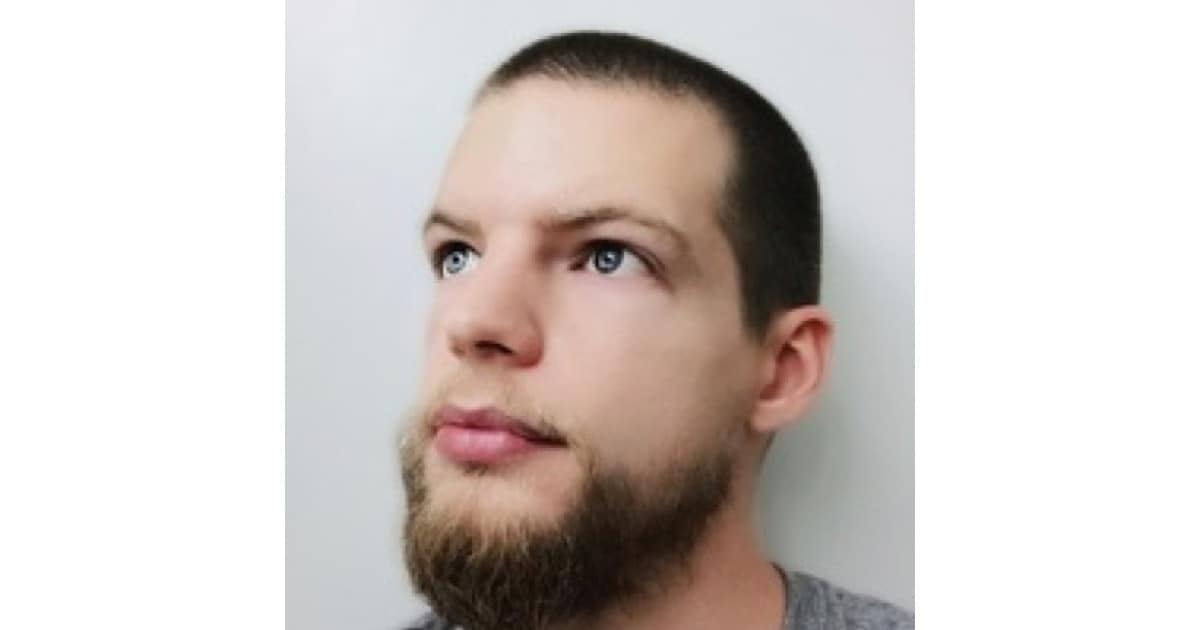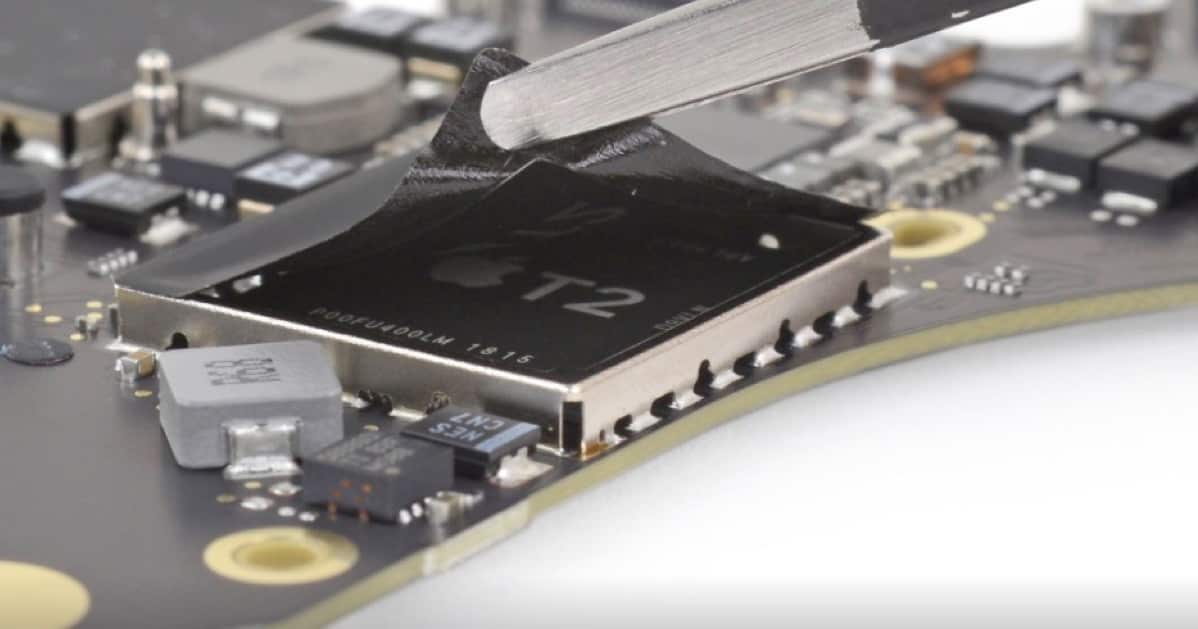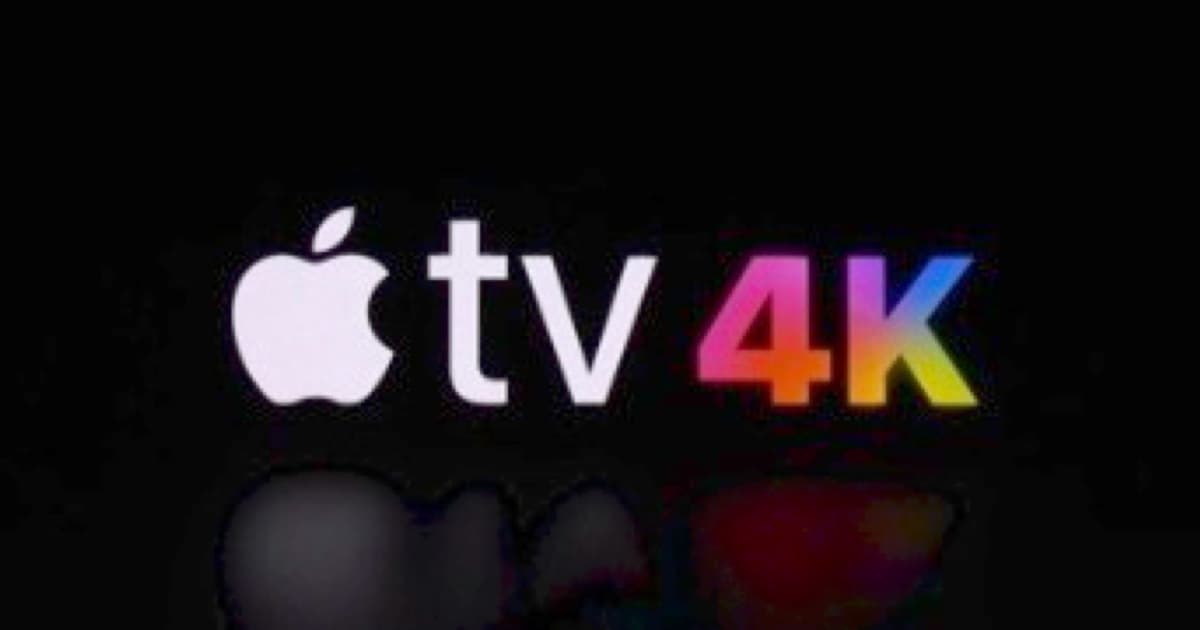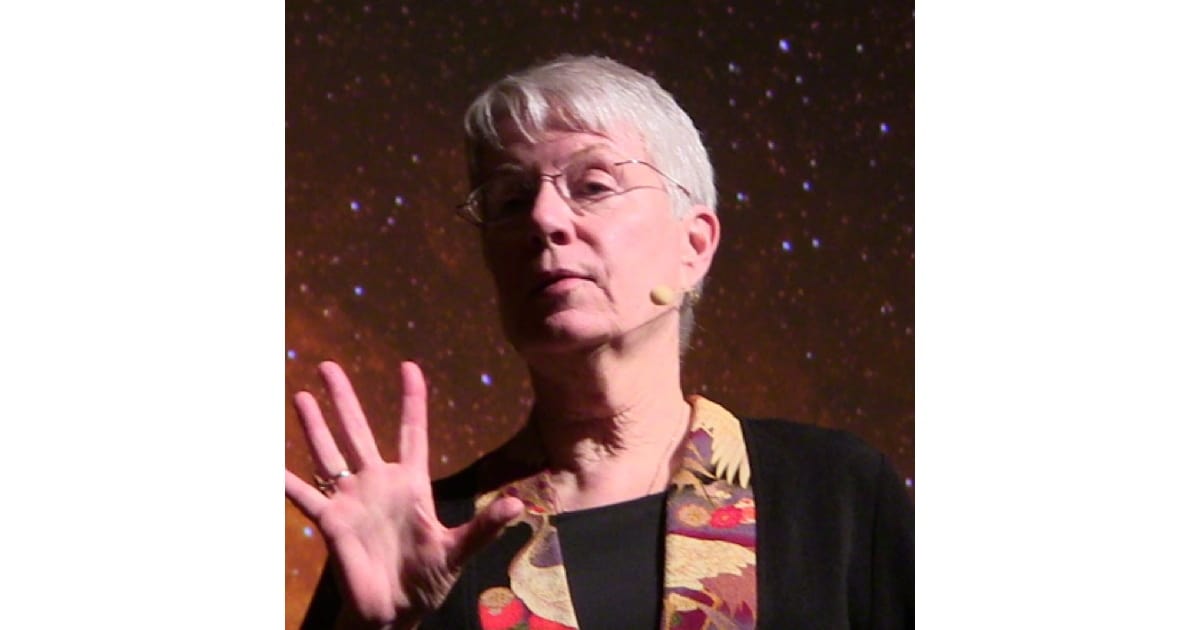Michael is the Founding Publisher of Skeptic Magazine, a former monthly columnist for Scientific American, and a Presidential Fellow at Chapman University where he teaches Skepticism 101.
He is also a noted science writer and the author of New York Times bestsellers Why People Believe Weird Things and The Believing Brain, Why Darwin Matters, and The Science of Good and Evil. His newest book is: Heavens on Earth: The Scientific Search for the Afterlife, Immortality & Utopia.
We chatted about Michael’s early religious views, interest in psychology, his doctoral work, and his path to becoming a professional skeptic. He explained the logical traps people fall into (motivated reasoning) as we turned to climate change, human fantasies about ghosts and psychics, the founding of Skeptic Magazine and the influence of Dr. Carl Sagan. Really good stuff here.
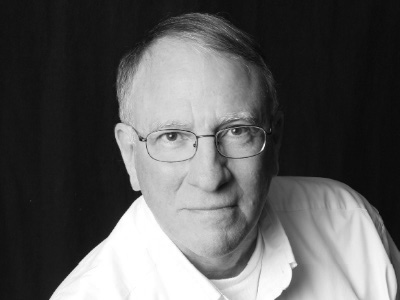

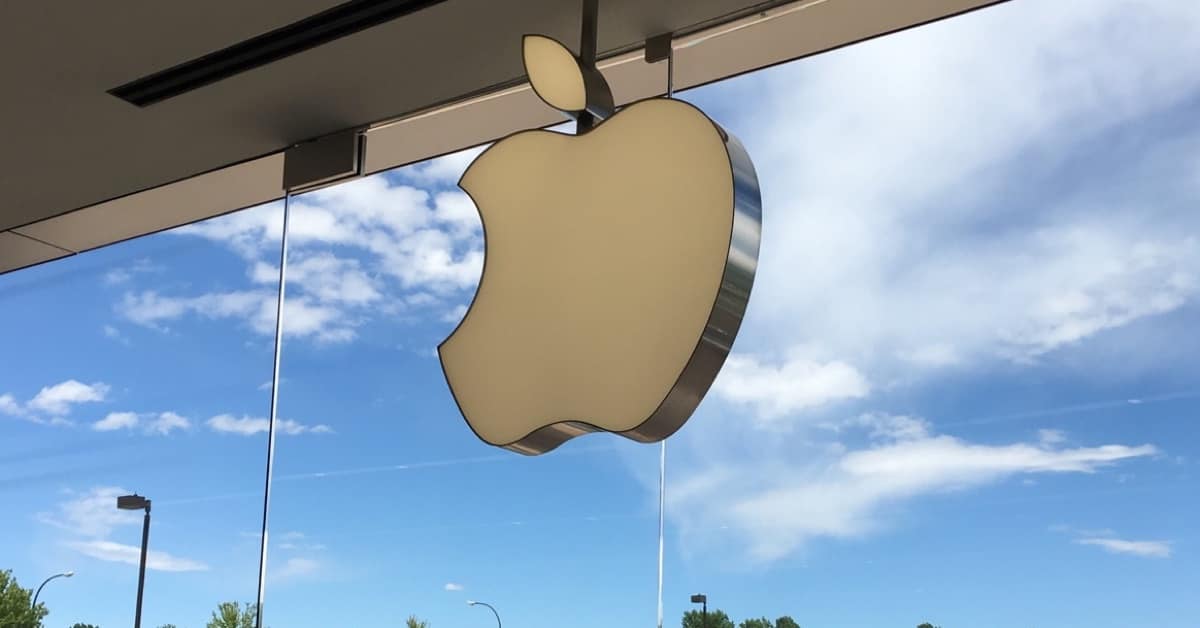
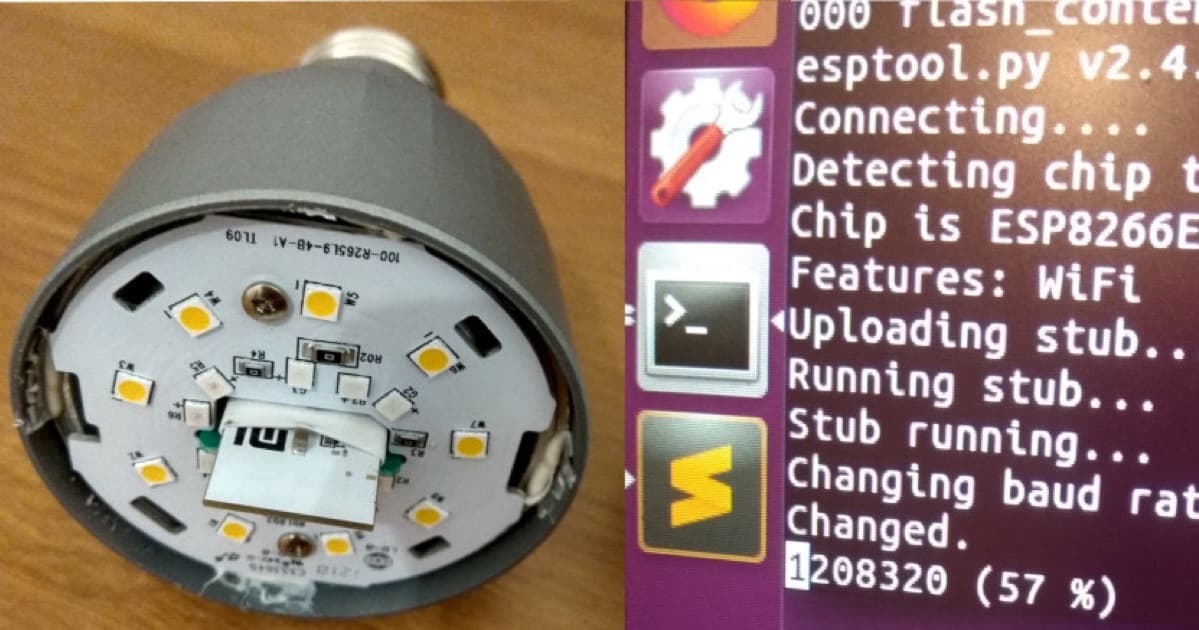



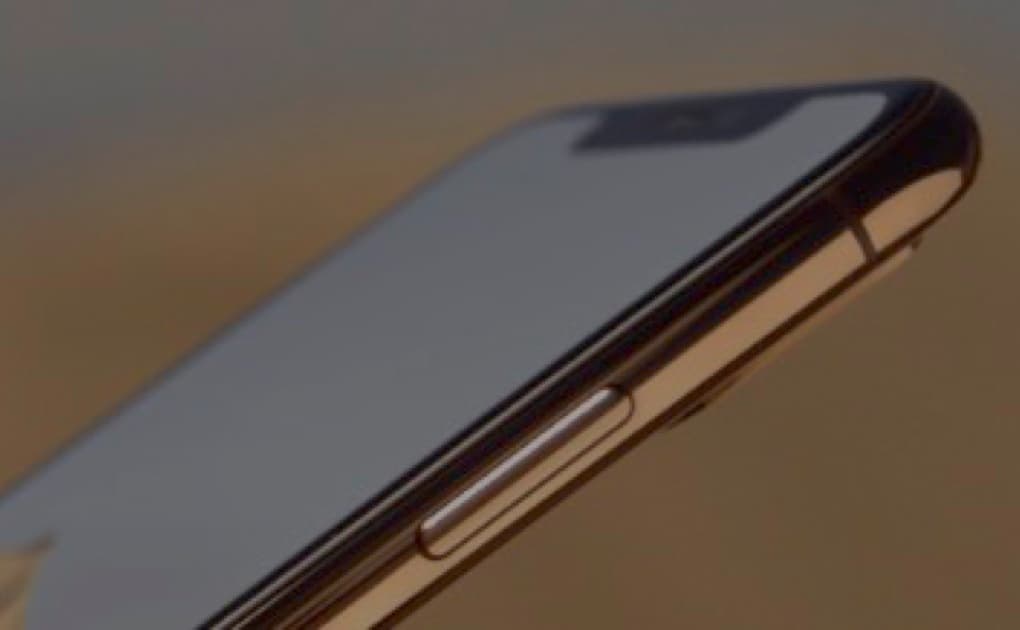

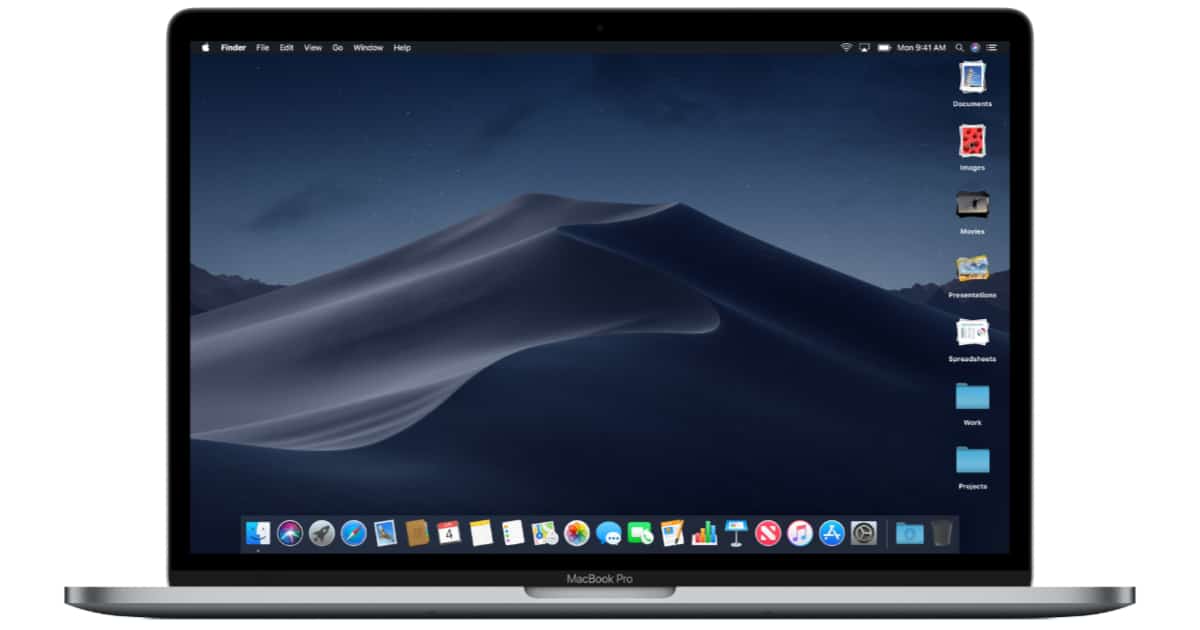

![macOS Mojave and 2013 Mac Pro: Interim Report [UPDATE]](https://www.macobserver.com/wp-content/uploads/2016/11/MacPro-1200w.jpg)


